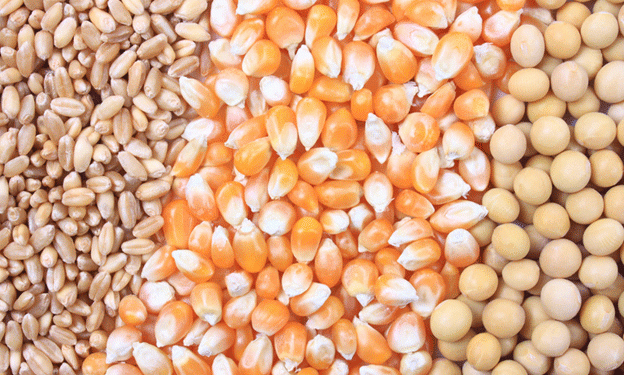The Ministry of Agriculture and Livestock in Brazil has released updated minimum prices for summer and regional crops for the 2024/2025 and 2025 seasons. These prices, published in the Official Gazette on Tuesday (16), will guide transactions under the Minimum Price Guarantee Policy (PGPM), ensuring farmers receive a minimum income for their produce.
New Minimum Prices and Coverage
The revised prices, established by the National Monetary Council following proposals from the Ministry of Agriculture and the National Supply Company (Conab), cover a wide range of crops including maize, soybeans, sorghum, cotton (seed and lint), rice, cultivated natural rubber, field latex, cocoa (beans), colored beans, milk, cassava, and various other seeds and crops across all regions of Brazil. Effective from July this year until December 2025, these prices are crucial for farmers in planning their planting decisions and financial strategies.
Variations and Adjustments
The adjustments in minimum prices vary across different crops and regions, reflecting factors such as variable production costs and market conditions. Notably, soybean prices at the national level saw a decrease of 11.86%, while cocoa bean prices in the Central-West and North regions increased by 14.71%. Rice prices saw adjustments ranging from 5% to 10% across different regions, signaling localized considerations in price setting.
Understanding the PGPM
The Minimum Price Guarantee Policy (PGPM) is an annual mechanism overseen by Conab, designed to stabilize agricultural markets and ensure fair compensation for farmers. These minimum prices are set before each planting season, providing producers with economic signals and government commitments to purchase or subsidize agricultural products if market prices fall below the established minimums.
Brazil’s updated minimum price framework for summer and regional products underscores the government’s commitment to supporting agricultural stability and rural livelihoods. By aligning price adjustments with production costs and market dynamics, the Ministry of Agriculture aims to empower farmers with the financial security needed to sustain their operations amidst fluctuating market conditions.
Error




